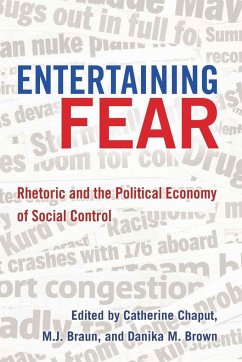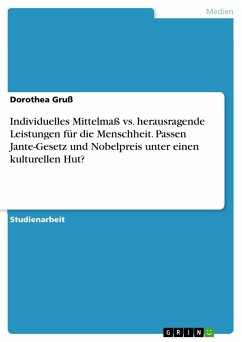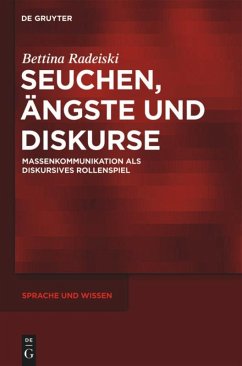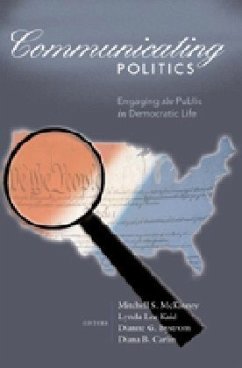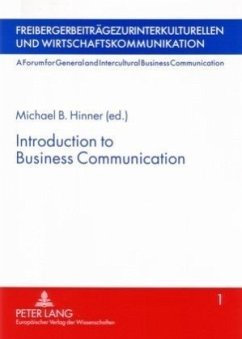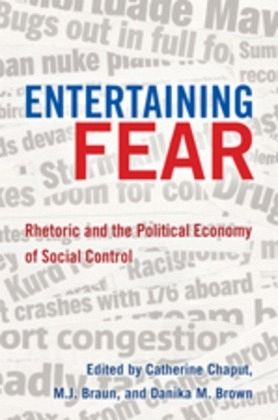
Entertaining Fear
Rhetoric and the Political Economy of Social Control
Herausgegeben: Brown, Danika M.; Braun, M. J.; Chaput, Catherine
Versandkostenfrei!
Versandfertig in 6-10 Tagen
136,05 €
inkl. MwSt.

PAYBACK Punkte
0 °P sammeln!
Throughout the political spectrum, successful arguments often rely on fear appeals, whether implicit or explicit. Dominant arguments prey on people's fears - of economic failure, cultural backwardness, or lack of personal safety. Counterarguments feed on other fears, suggesting that audiences are being duped by emotional smokescreens. With chapters on the political, institutional, and cultural manifestations of fear, this book offers diverse investigations into how insecurity and the search for certainty shape contemporary political economic decisions, and explores how the rhetorical manipulat...
Throughout the political spectrum, successful arguments often rely on fear appeals, whether implicit or explicit. Dominant arguments prey on people's fears - of economic failure, cultural backwardness, or lack of personal safety. Counterarguments feed on other fears, suggesting that audiences are being duped by emotional smokescreens. With chapters on the political, institutional, and cultural manifestations of fear, this book offers diverse investigations into how insecurity and the search for certainty shape contemporary political economic decisions, and explores how the rhetorical manipulation of such fears illuminates a larger struggle for social control.



